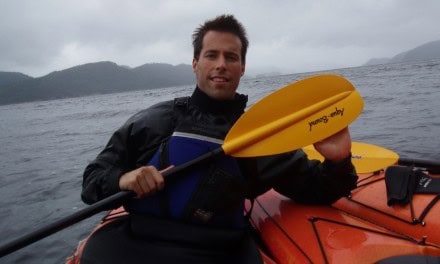The design and methods of the ISCOLE project, which HALO was involved with, was recently published in BMC Public Health. Drs. Mark Tremblay, Jean-Philippe Chaput and Vincent Onywera are authors on the paper. Citation details are below along with a summary of the paper.
Katzmarzyk PT, Barreira TV, Broyles ST, Champagne CM, Chaput JP, Fogelholm M, Hu G, Johnson WD, Kuriyan R, Kurpad A, Lambert EV, Maher C, Maia J, Matsudo V, Olds T, Onywera V, Sarmiento OL, Standage M, Tremblay MS, Tudor-Locke C, Zhao P, Church TS. The International Study of Childhood Obesity, Lifestyle and the Environment (ISCOLE): design and methods. BMC Public Health. 2013 Sep 30;13(1):900. [Epub ahead of print]
ABSTRACT: Background. The primary aim of the International Study of Childhood Obesity, Lifestyle and the Environment (ISCOLE) was to determine the relationships between lifestyle behaviours and obesity in a multi-national study of children, and to investigate the influence of higher-order characteristics such as behavioural settings, and the physical, social and policy environments, on the observed relationships within and between countries.Methods/designThe targeted sample included 6000 10-year old children from 12 countries in five major geographic regions of the world (Europe, Africa, the Americas, South-East Asia, and the Western Pacific). The protocol included procedures to collect data at the individual level (lifestyle, diet and physical activity questionnaires, accelerometry), family and neighborhood level (parental questionnaires), and the schoolenvironment (school administrator questionnaire and school audit tool). A standard study protocol was developed for implementation in all regions of the world. A rigorous system of training and certification of study personnel was developed and implemented, including web-based training modules and regional in-person training meetings. Discussion. The results of this study will provide a robust examination of the correlates of adiposity and obesity in children, focusing on both sides of the energy balance equation. The results will also provide important new information that will inform the development of lifestyle, environmental, and policy interventions to address and prevent childhood obesity that may be culturally adapted for implementation around the world. ISCOLE represents a multi-national collaboration among all world regions, and represents a global effort to increase research understanding, capacity and infrastructure in childhood obesity.
Click here to read the paper in full for free.




